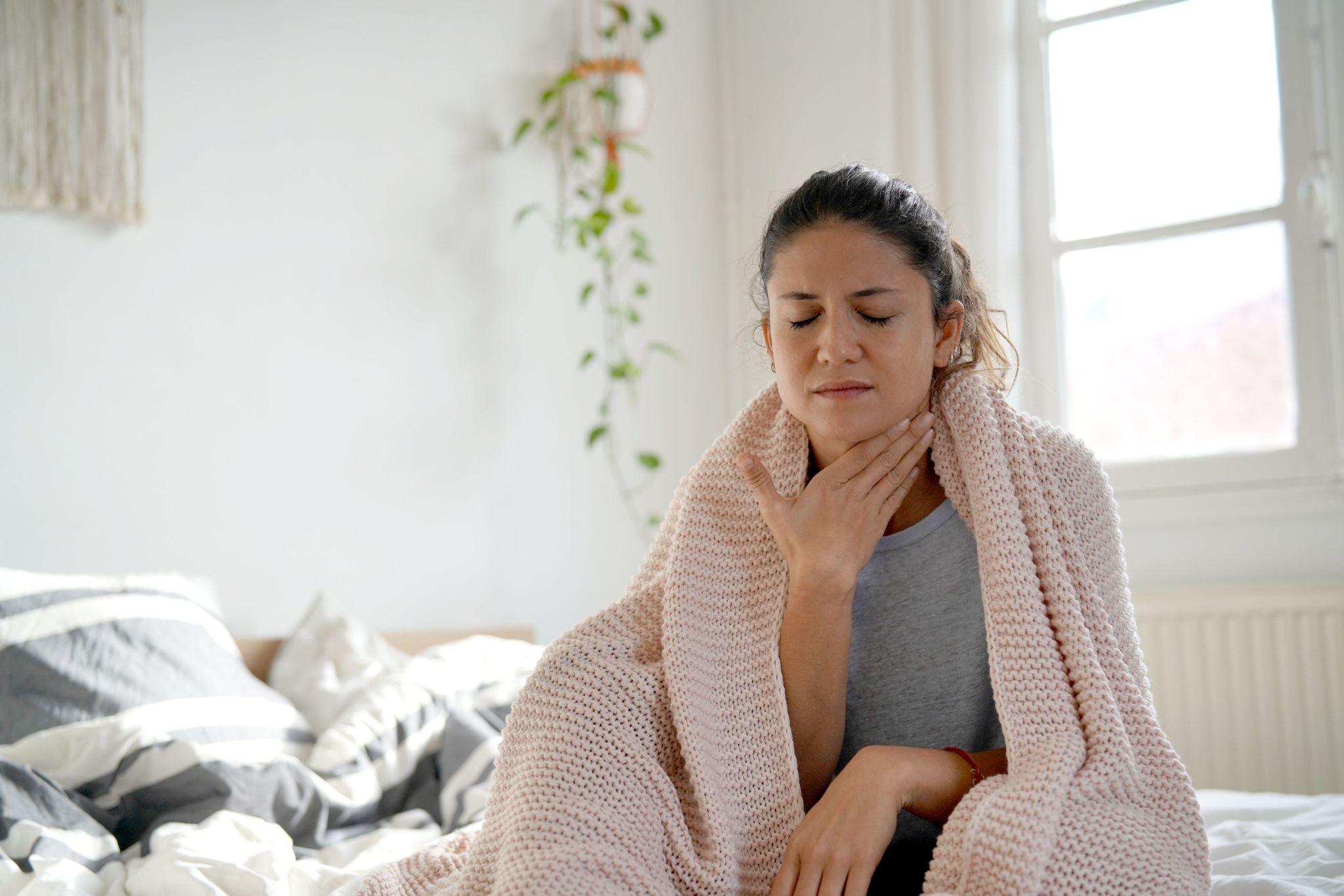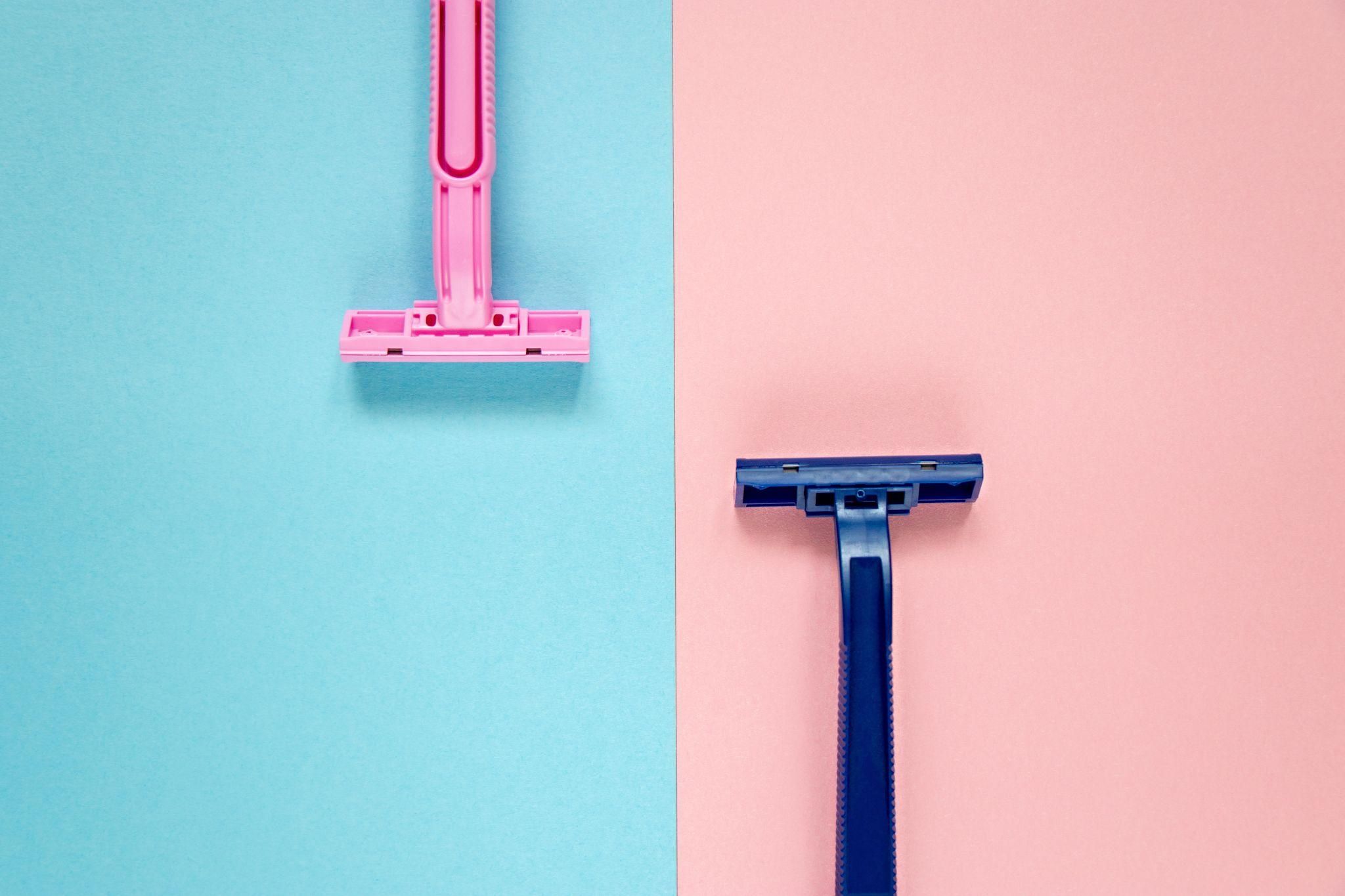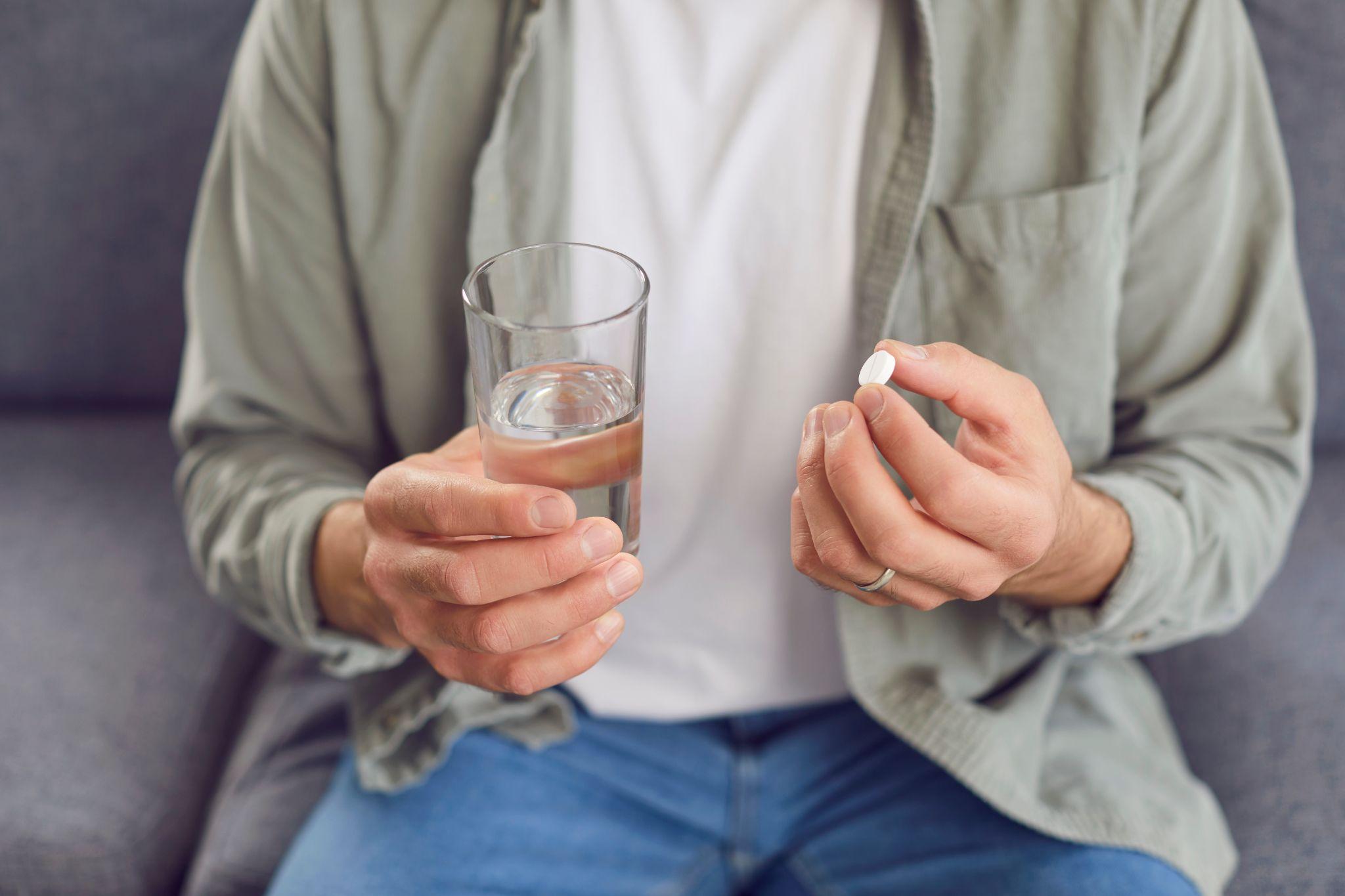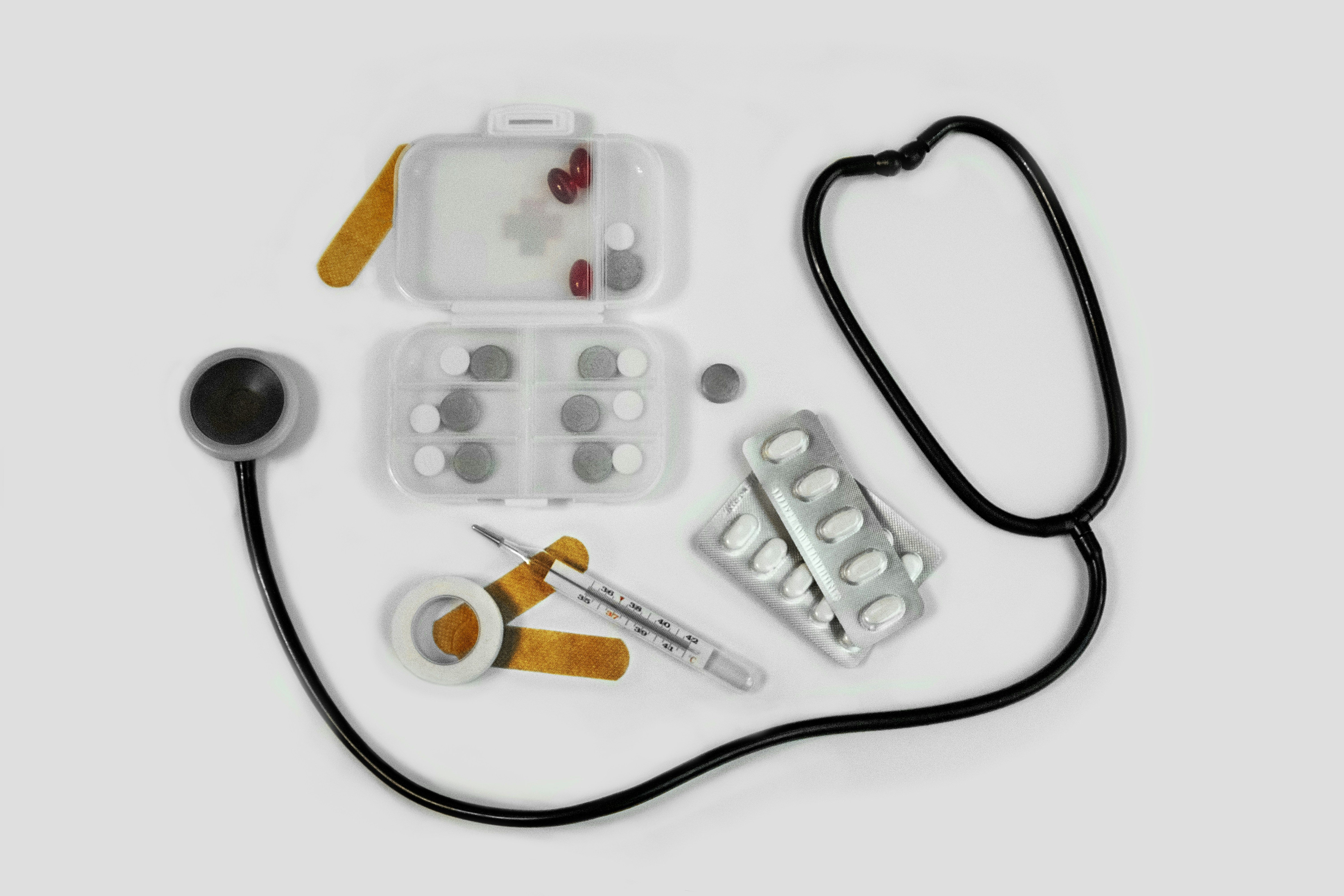Depression affects far more than just mood—it can quietly reshape the most personal parts of our lives, including intimacy and sex. Whether you're experiencing depression yourself or loving someone who is, you may have noticed a shift in physical closeness, emotional connection, or desire. These changes can feel confusing, isolating, and even painful.
But you're not alone—and you're not doing anything wrong. The intersection of mental health and intimacy is complex, and it’s not often talked about openly. This guide is here to help you better understand the relationship between sex and depression, what challenges are common, and what you can do to navigate this journey with care, compassion, and hope.
Understanding Depression’s Impact on Intimacy and Sex
Depression doesn’t just alter how a person feels—it affects how they relate to the world, including their partner. Fatigue, hopelessness, and low self-esteem can all make emotional connection and physical intimacy feel overwhelming or even impossible. For many, depression leads to a reduced sex drive, difficulty feeling pleasure, or a sense of emotional numbness that gets in the way of connection.
It’s also common for antidepressant medications to impact libido or arousal. While the benefits of treatment are vital, side effects can further complicate how someone feels about sex or closeness. On an emotional level, a person may pull away out of fear of being a burden or feeling “not good enough,” even if they still deeply care about their partner.
From the partner’s perspective, this withdrawal can feel like rejection—even though it rarely is. The absence of physical touch or emotional availability may spark confusion, hurt, or even resentment. Understanding that these changes stem from depression, not a lack of love, is an important first step in maintaining compassion and open communication.
Common Depression and Sex Drive Challenges
Depression can create emotional and physical challenges—whether you're navigating it within a relationship or on your own. Understanding these common experiences can help you respond with compassion instead of confusion, guilt, or blame.
- Depression and Libido Mismatch: Depression can cause a loss of libido, while the desire for connection—whether with a partner or through self-intimacy—may still be present. This mismatch can lead to frustration, sadness, or self-doubt.
- Depression and Emotional Withdrawal: Feelings of isolation and disconnection are common in depression, often making it difficult to express affection, initiate physical closeness, or feel emotionally available.
- Depression and Feelings of Shame: Depression can trigger thoughts like “I’m a burden” or “I’m not enough,” which may lead to avoidance, self-criticism, or pulling away from intimacy—even when the desire for connection still exists.
- Depression and Feelings of Helplessness: Whether you're supporting a partner or simply trying to support yourself, it can feel overwhelming not knowing what to do. You might feel stuck between wanting connection and not feeling capable of reaching for it.
These experiences are not signs of failure—they’re common emotional responses to depression. Acknowledging common problems associated with sex and depression with openness and kindness can help create space for healing, communication, and reconnection.

Tips for Navigating Depression and Sex as a Couple
Rebuilding intimacy while navigating depression is possible—with honesty, compassion, and patience. These tips offer a starting point:
1. Have Open, Judgment-Free Conversations
Talk about how you're each feeling emotionally and physically. Use “I” statements to express concerns without placing blame.
2. Acknowledge the Role of Depression
Recognize that the changes in intimacy are symptoms of depression—not signs of failure or lack of love. Naming it can bring clarity and relief.
3. Be Honest About Sexual Desire (or the Lack of It)
Those having problems with depression and sexual desire might not want to have sex often, and that’s okay. It’s okay to express when you’re not in the mood and equally okay to express that you miss connection. Honest conversations help reduce assumptions.
4. Create Space for Non-Sexual Intimacy
Small acts like cuddling, holding hands, or even sitting quietly together can help rebuild emotional closeness without pressure.
5. Set Small Goals for Connection
Whether it’s a daily check-in or a short walk together once a week, small routines help maintain connection without feeling overwhelming.
6. Avoid Pressuring for Sex
Pressuring someone to be intimate can increase emotional distance. Let intimacy return naturally, on a timeline that feels safe for both of you.
7. Check In Regularly
Depression can fluctuate, so continue to ask how your partner is feeling and how the relationship feels to them over time.
8. Don’t Ignore Your Own Needs
Supporting someone with depression can be draining. Make time for your own well-being, and don’t be afraid to set healthy boundaries.
9. Seek Professional Help Together
Couples counseling, sex therapy, and individual therapy can offer tools to strengthen communication and rebuild intimacy while addressing the emotional effects of depression. Treating both depression—and ED—through therapy or medical care can also support a healthier, more connected relationship.

Tips for Navigating Depression and Sex on Your Own
You don’t need to be in a relationship to feel the emotional impact of depression on your sexual well-being. If you’re navigating both depression and shifts in your desire, confidence, or sense of intimacy on your own, these tips can help you approach the experience with self-compassion and care:
1. Acknowledge That It’s Normal
Depression can affect libido, arousal, and even how you feel about your own body. These changes are common and not a reflection of your worth or identity.
2. Focus on Emotional and Physical Self-Care
Prioritize sleep, nutrition, movement, and mental health support. Sometimes sexual health improves naturally as overall well-being strengthens.
3. Redefine Intimacy for Yourself
Connection doesn’t have to come from a partner. Sensual touch, body awareness, creative expression, or simply spending time with yourself in a mindful way can foster a sense of intimacy and belonging.
4. Let Go of Pressure and Comparison
There’s no “normal” when it comes to sex and desire—especially during depression. Avoid comparing yourself to past experiences or societal expectations.
5. Seek Professional Guidance if Needed
Therapists, including sex therapists, can help you unpack shame, rediscover pleasure, and address any underlying concerns without judgment.
6. Explore at Your Own Pace
If and when you’re ready, reconnecting with your body—whether through solo intimacy or simply learning what feels good—can be a gentle step toward healing.
Frequently Asked Questions About Sex and Depression
Can you take ED meds with antidepressants?
Yes, ED medications can often be safely taken with antidepressants, but it’s important to consult a healthcare provider to avoid potential interactions.
Is sex good during depression?
Sex can offer temporary mood boosts and strengthen connection, but it’s important to prioritize emotional readiness and avoid pressure when depression is present.
Do depressed people still want sex?
Yes, many people with depression still want sex, though desire may fluctuate due to emotional, physical, or medication-related factors.
Does sex help with depression?
Sex may provide short-term relief by releasing feel-good chemicals like endorphins and oxytocin, which can momentarily improve mood and reduce stress. However, it’s not a substitute for professional treatment and should never be used as a measure of relationship health or recovery progress.
Can lack of sex cause depression?
Lack of sex doesn’t directly cause clinical depression, but it can contribute to feelings of loneliness, frustration, or low self-worth—especially in relationships. If these feelings persist, it’s worth talking to a mental health professional to explore the emotional impact more deeply.
Reclaiming Connection Starts with Getting Help
Navigating depression and its impact on intimacy isn’t easy—but you don’t have to do it alone. At 24hrdoc, we offer confidential, judgment-free online treatment for depression, erectile dysfunction, and premature ejaculation, so you can start feeling better without the stress of in-person appointments.
Whether you're looking to improve your mental health, restore your confidence, or rebuild intimacy, our licensed providers are here to support you every step of the way. Get started today and take the first step toward a healthier, more connected you.




